Listing on the stock exchange is one of the most important strategic decisions in business management, as it opens a range of opportunities for the development of a company. nuam is the Regional Holding that integrates the Santiago, Lima, and Colombia Stock Exchanges to create a single market where companies in our countries can take this step in their financing and growth plans.
Listing on public securities markets increases the visibility and credibility of companies in the market, provides access to flexible and long-term financing sources, and supports business development and expansion plans. Additionally, it promotes the adoption of good corporate governance practices.
Capital Markets Dynamics
Stock exchanges are the meeting point between buyers and sellers of financial instruments. Sellers, or issuers, are companies that offer fixed-income or equity securities in the market to finance their strategic objectives. Buyers, or investors, acquire these securities seeking returns and diversifying their portfolios. In our region, nuam is where this connection takes place.
Alongside buyers and sellers, the capital markets ecosystem includes public and private entities that promote market transparency, solidity, and dynamism. Regulatory and oversight entities encourage proper conduct among investors, issuers, and intermediaries, while infrastructure entities, such as stock exchanges and other nuam subsidiaries, facilitate the processes of issuance, trading, registration, deposit, and custody of securities.
In public securities offerings, issuers work closely with structuring and placement agents, legal advisors, and credit rating agencies, who, with their expertise and comprehensive market vision, support the structuring, promotion, and commercialization of the securities.
Benefits of Being an Issuer at nuam
Access to Various Financing Sources
- Companies have the opportunity to diversify their financing sources, achieving greater flexibility in managing risks and potentially improving their costs.
Positioning and Best Practices in Corporate Governance
- Increases company visibility and provides recognition in the local, regional, and international markets.
- Implementation of best practices in management, transparency in public information, internal control, and building strong relationships with stakeholders.
Participation in New Markets
- Diversification of the investor base, which reduces dependence on a single market or type of investor.
- Opportunity for international positioning due to greater exposure to foreign markets.
Debt Financing Instruments
These instruments are characterized by establishing a contractual obligation between the issuer (the entity seeking financing) and the investor (the party providing the funds). The issuer commits to repaying the capital borrowed from the investor, along with the agreed-upon interest, within a specified period.
- Short-Term Instruments: Certificates of Deposit, Negotiable Certificates of Deposit, Commercial Papers, Financial Intermediary Instruments, among others.
- Long-Term Instruments: Bonds, Securitizations, among others.
In conducting a public offering of these types of securities, the issuer has the option to define the strategic timing for the placement, as well as the characteristics of the securities to be offered. Additionally, the issuer can establish a program that allows for multiple issuances against a global quota of one or more securities, through public offering, over a specified period.
Equity Financing Instruments
These financial instruments are also known as equity securities. They are characterized by providing investors with a stake in a company's capital or the underlying asset of the instrument, which also grants them political and economic rights over future cash flows. Among these instruments are:
- Stocks
- American Depositary Receipts (ADR) / Brazilian Depositary Receipts (BDR)
- Participation Certificates/Fund Shares
- Exchange-Traded Funds (ETF)
Advantages of the Fixed-Income Market
These are some of the benefits for companies entering the Fixed Income Market:
- Possibility of Reducing Debt Costs
- Diversification of Financing Sources
- Access to Longer-Term Funding
- Flexibility in Type of Return: Fixed or Indexed Rate
- Refinancing of Existing Liabilities
- Negotiation Leverage with Financial Institutions
- Recognition of the Company by Bondholders and the Market at Large
- Objective Valuation of Debt Costs
Advantages of the Equity Market
The benefits of issuing securities in the Equity Market include:
- Access to Capital
- Proper Price Formation in the Market
- Optimization of the Company’s Financial Structure
- Exit Mechanism for Current Shareholders
- Diversification of the Shareholder Base
- Currency for Acquisitions
- Diversification of Financing Sources
- Compensation Tool for Executives
- Increased Visibility and Recognition of the Company
- Enhanced Management and Corporate Governance
- Potential for Inclusion in Stock Indices
- Positioning as a Regional Leader






